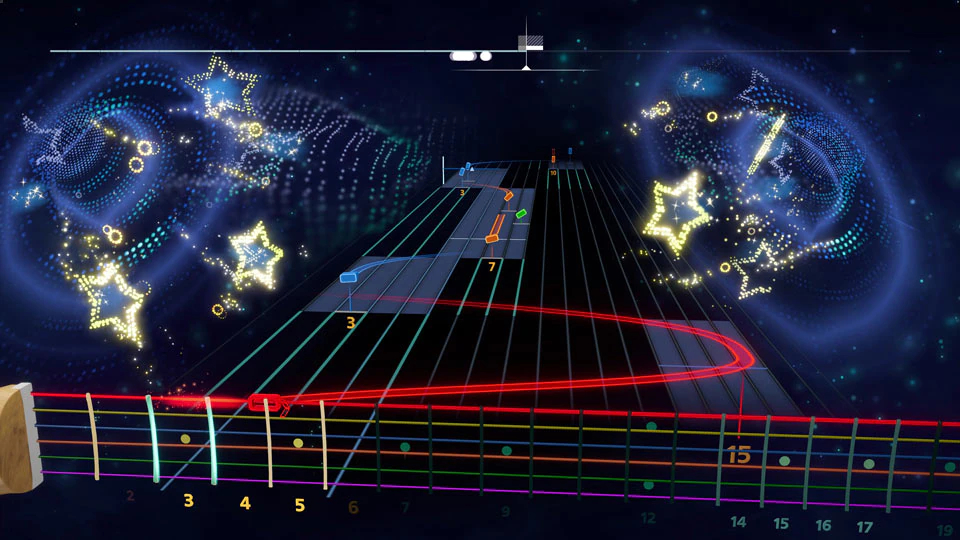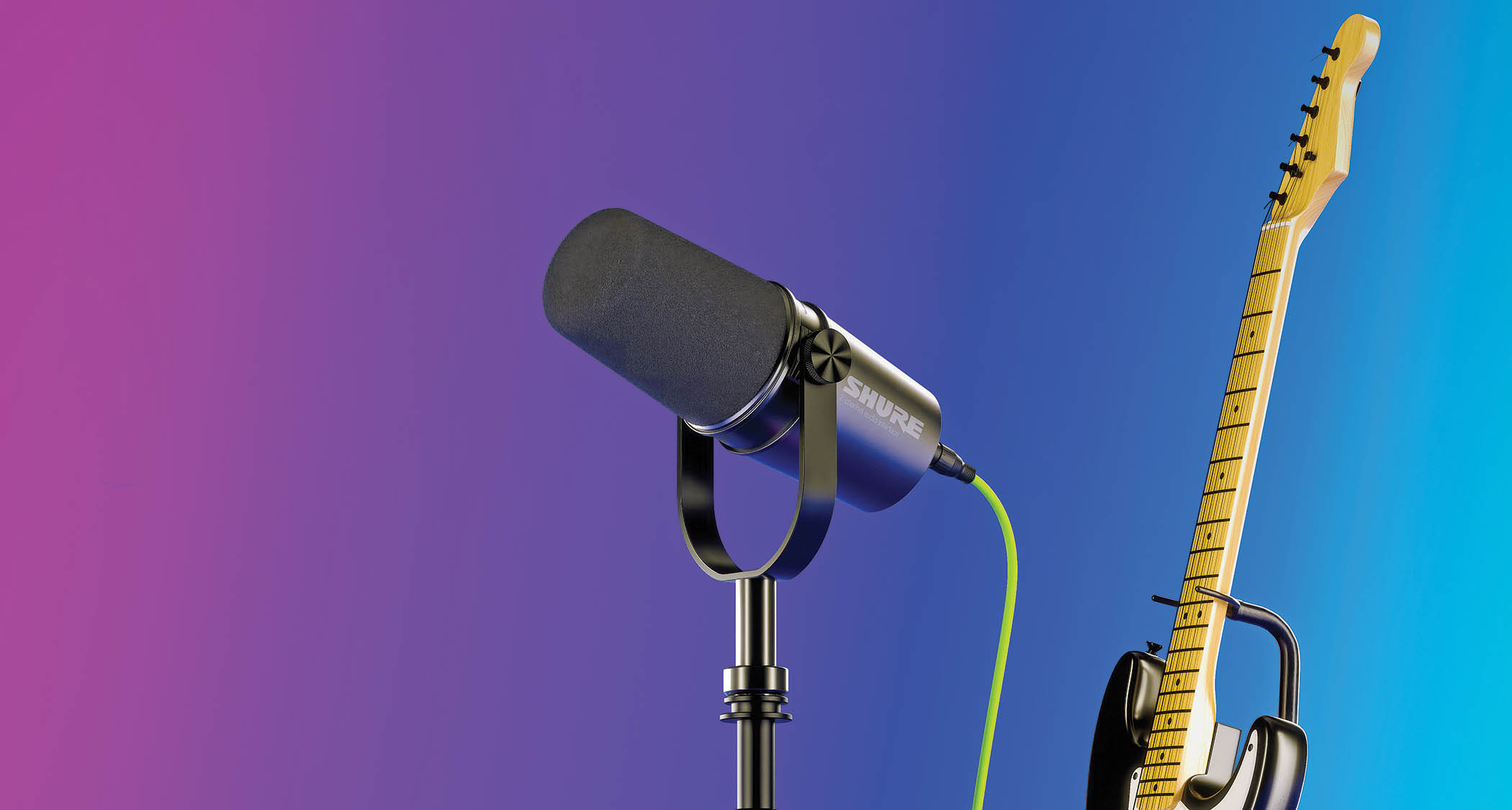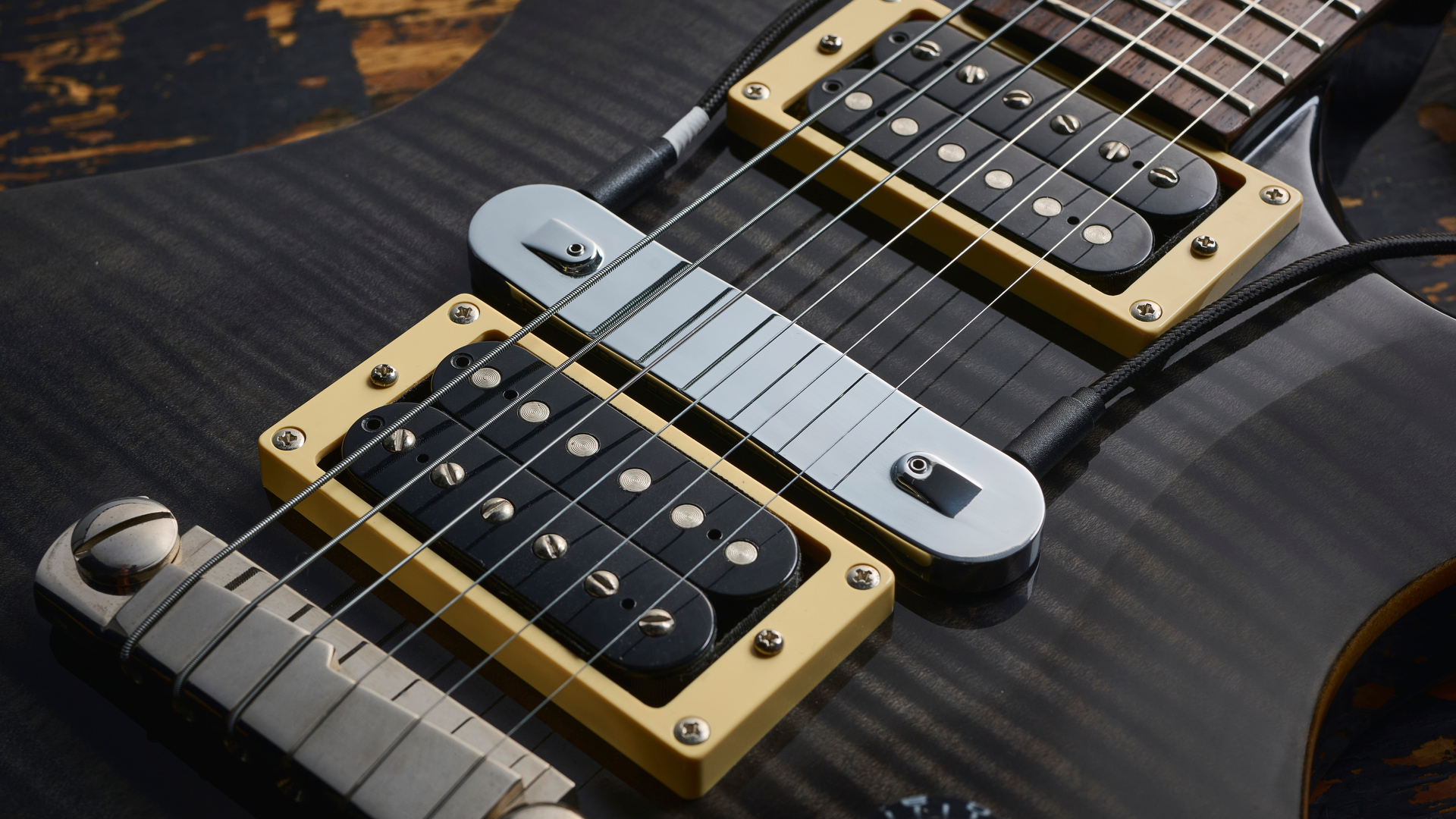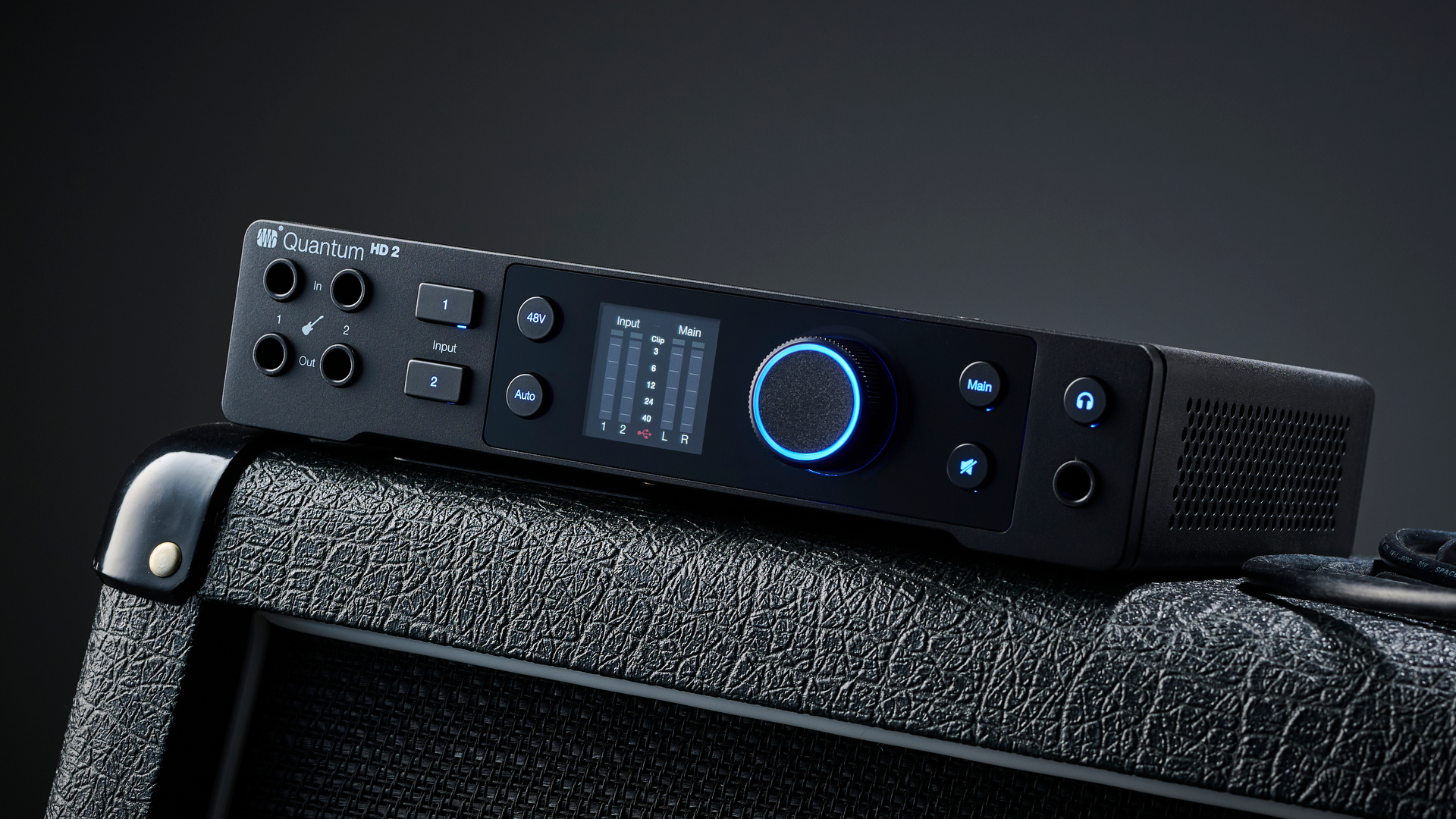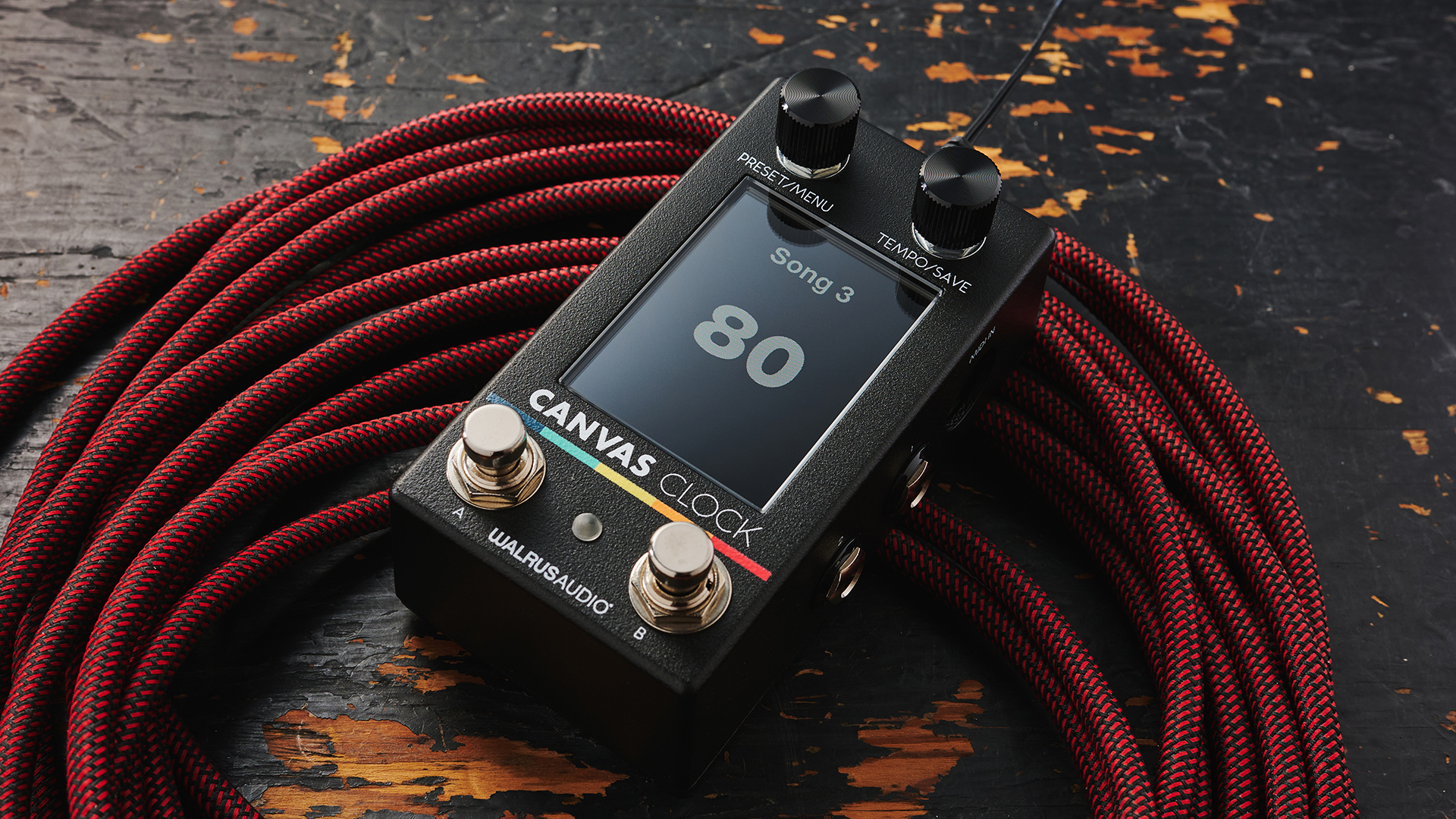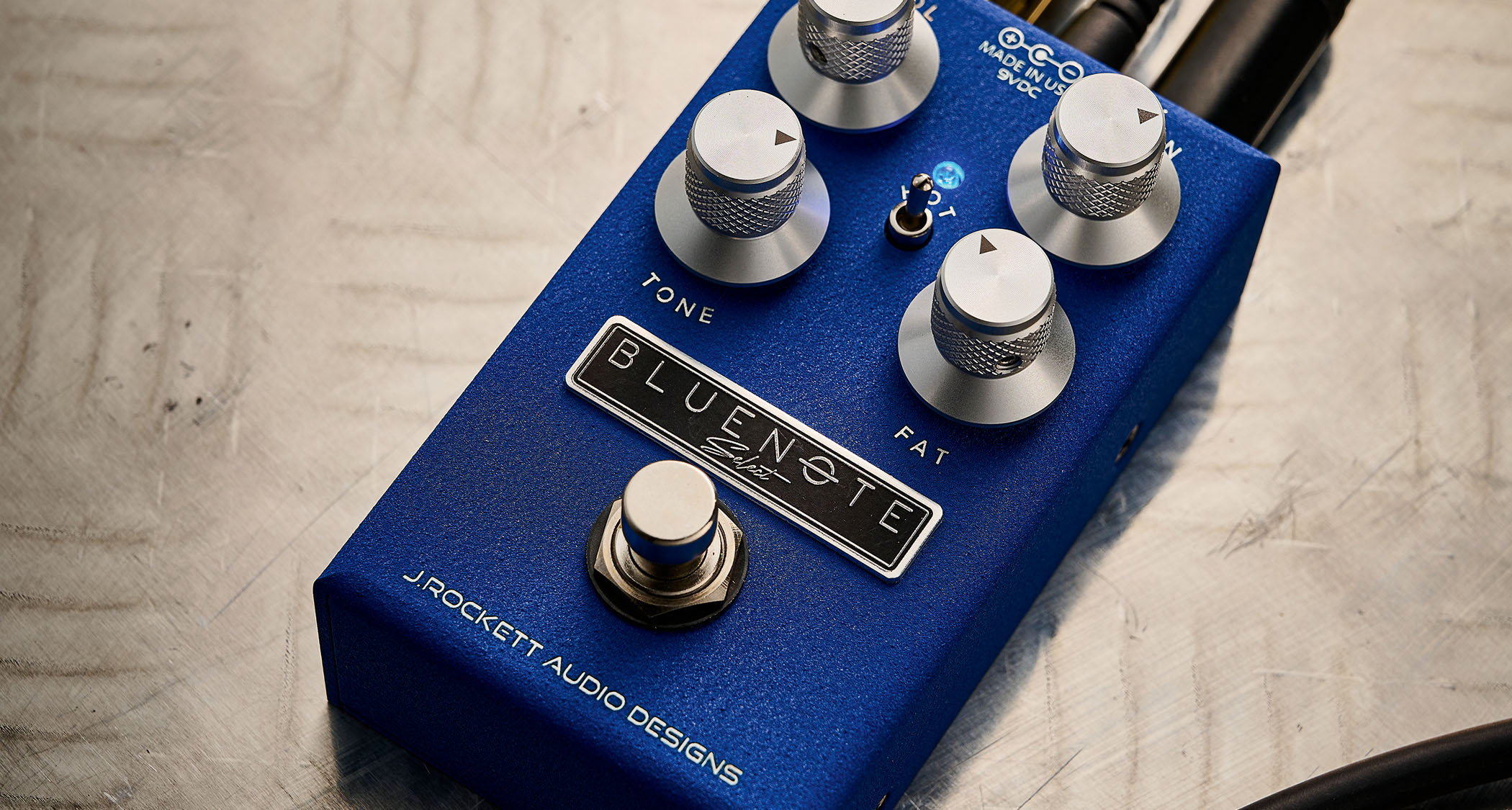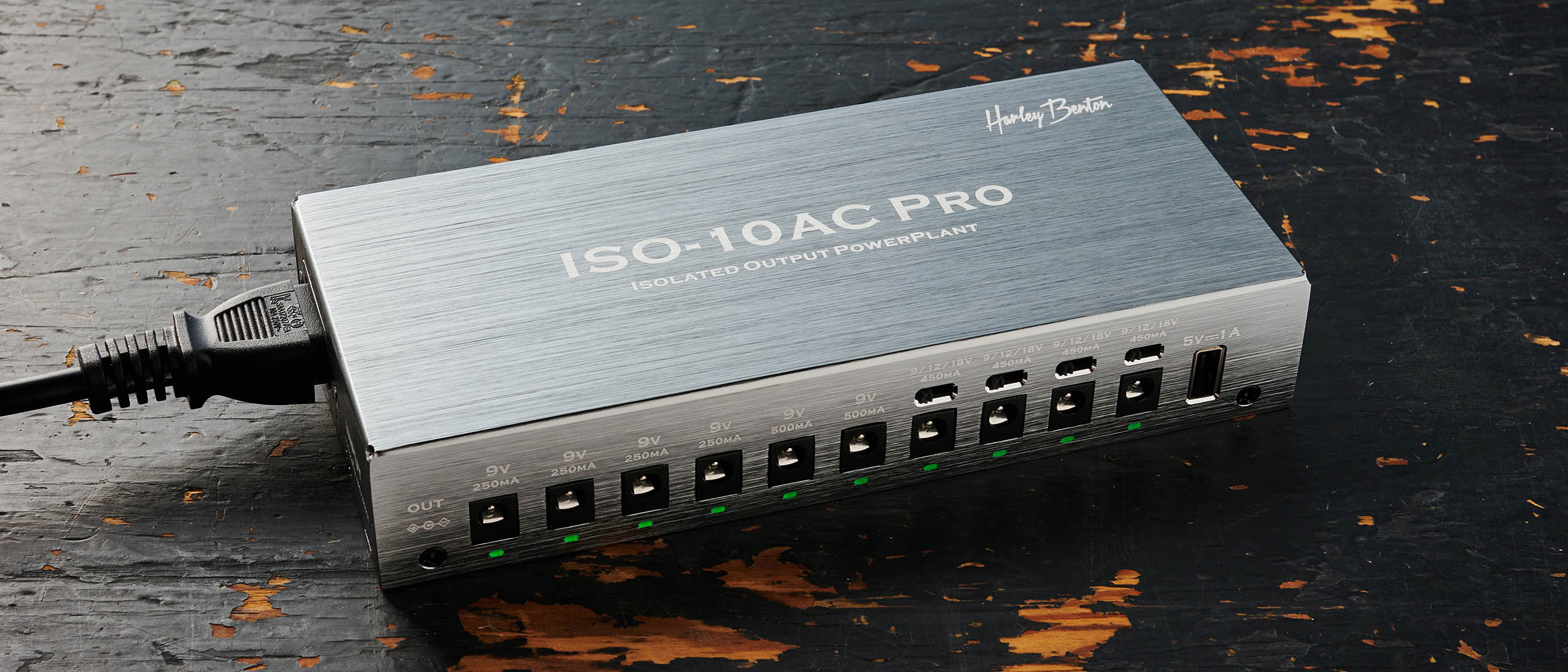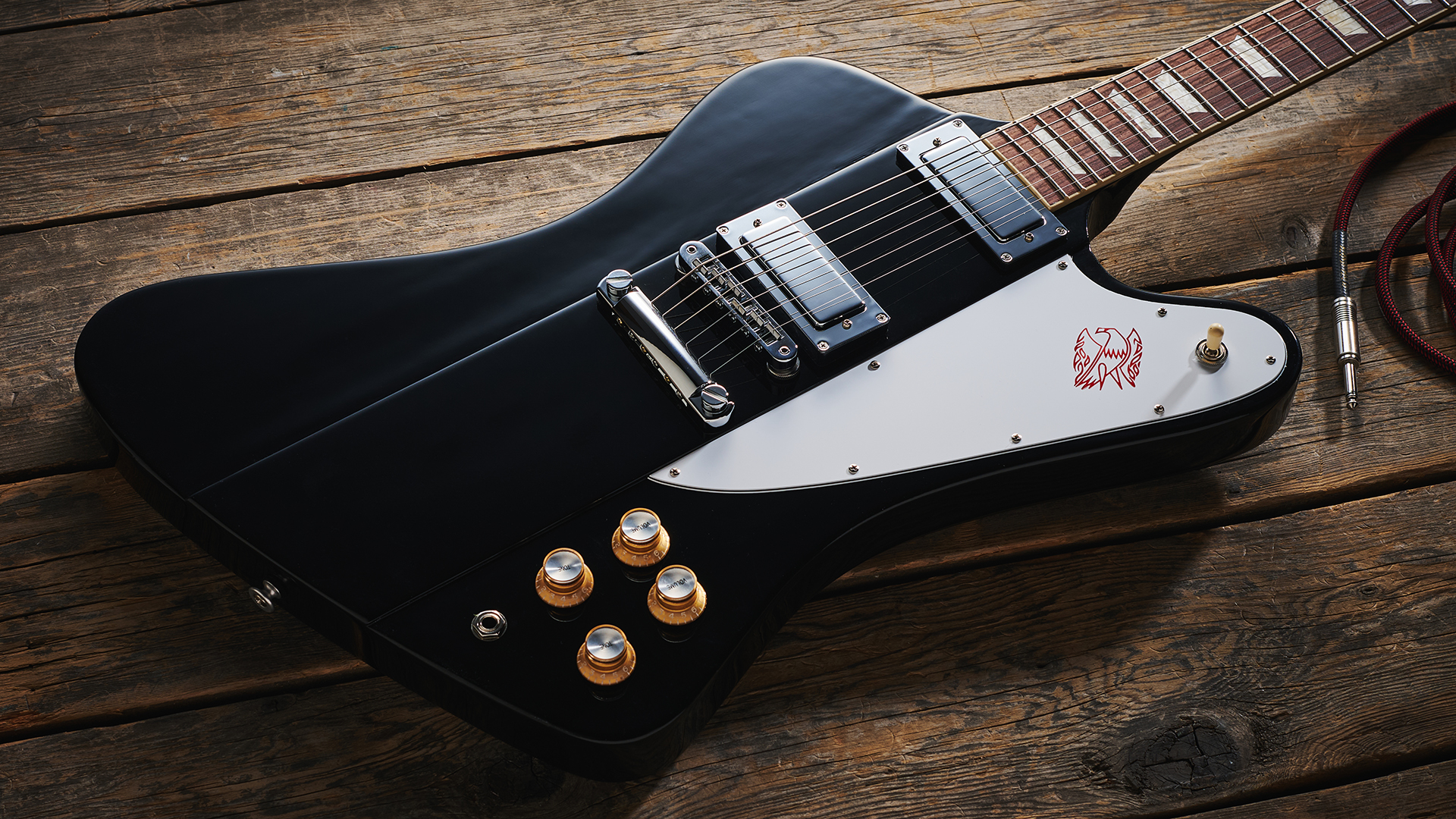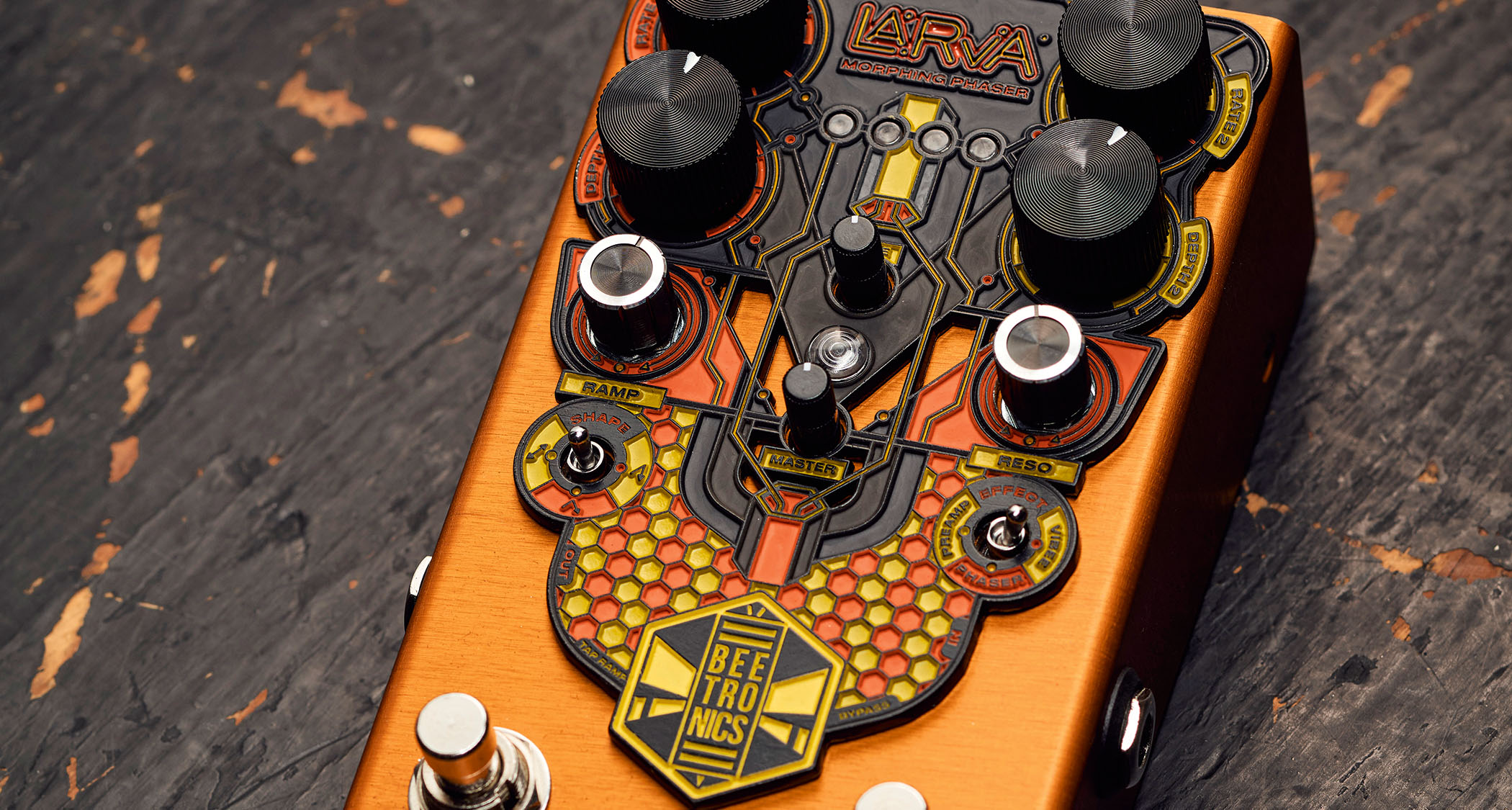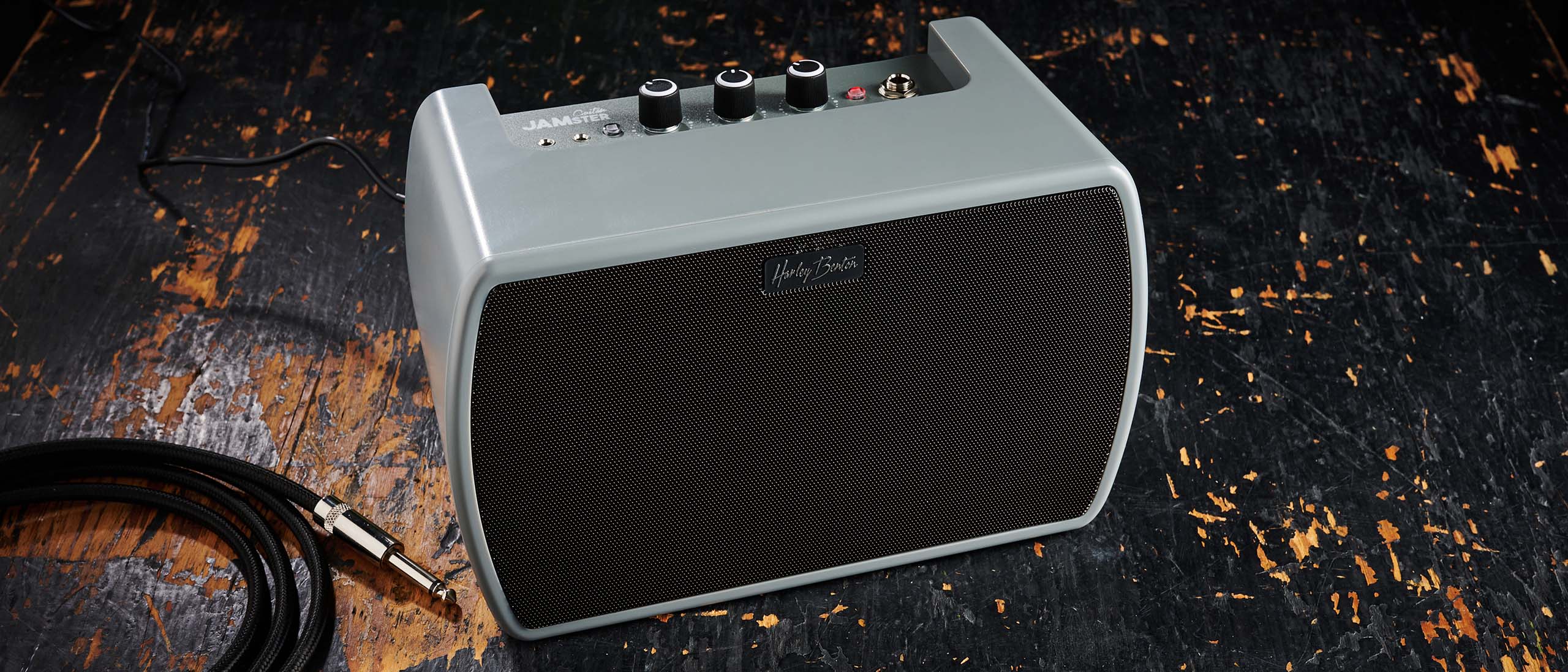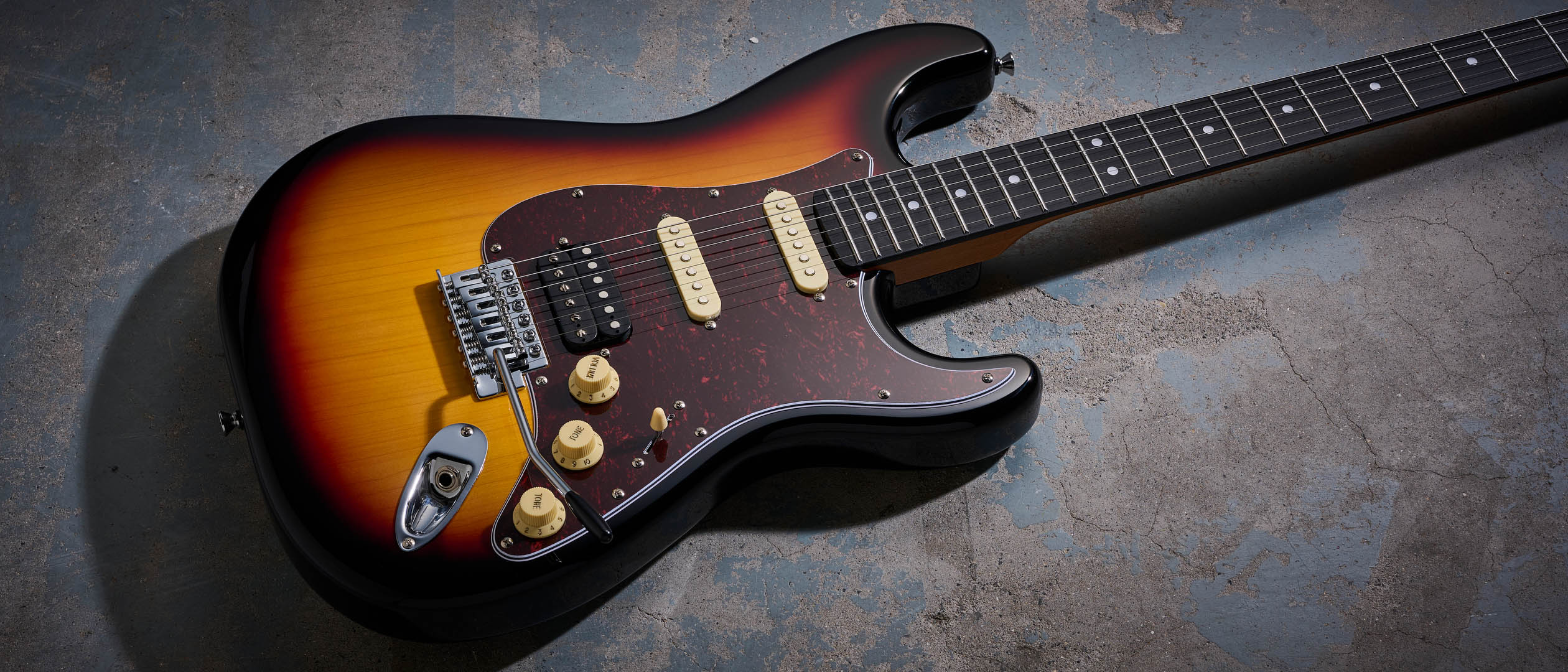Guitar World Verdict
In the right hands, Rocksmith+ is a powerful learning tool for would-be guitarists. There is no doubt that the concept of combining engaging gameplay mechanics and traditional teaching methods can result in a fun learning experience for newbie players. However, with so many high-quality online options out there today, Rocksmith+ is left feeling somewhat outdated, with an exaggerated song library that can't hold a candle to its contemporaries.
Pros
- +
Simple to set up
- +
Once you get used to the note layout, it can be very fun
Cons
- -
The song list needs work
- -
The Real Tone Cable costs extra
You can trust Guitar World
Given how popular the Guitar Hero and Rock Band games were in the early 2010s, it seemed inevitable that at some point, the plastic guitar-shaped controller would graduate to a real instrument. The original Rocksmith can take credit for making the jump, turning a fun party game into a serious learning tool, with the power to not only allow users to have a great time but also discover their musical ability.
Operating system: Windows 10 (64-bit versions) or Windows 11
Processor: AMD FX-8350 at 4.0 GHz, Intel Core i5-4690K at 3.5 GHz, or equivalent
RAM: 8 GB
Hard drive: 20 GB of storage
Buy at Ubisoft
Now over a decade on, this modern version has its sights on shaking up the status quo yet again – but this time, Rocksmith+ is taking aim at the slew of online learning apps such as Fender Play, Guitar Tricks, Simply Guitar and Guitareo.
Rocksmith+ carries on the legacy of the older games while taking the franchise in a slightly different direction. Reimagined as a subscription-based learning platform, Rocksmith+ positions itself as a serious way to learn the electric guitar, acoustic guitar or bass – but how does it hold up to the competition?
Set up and operation
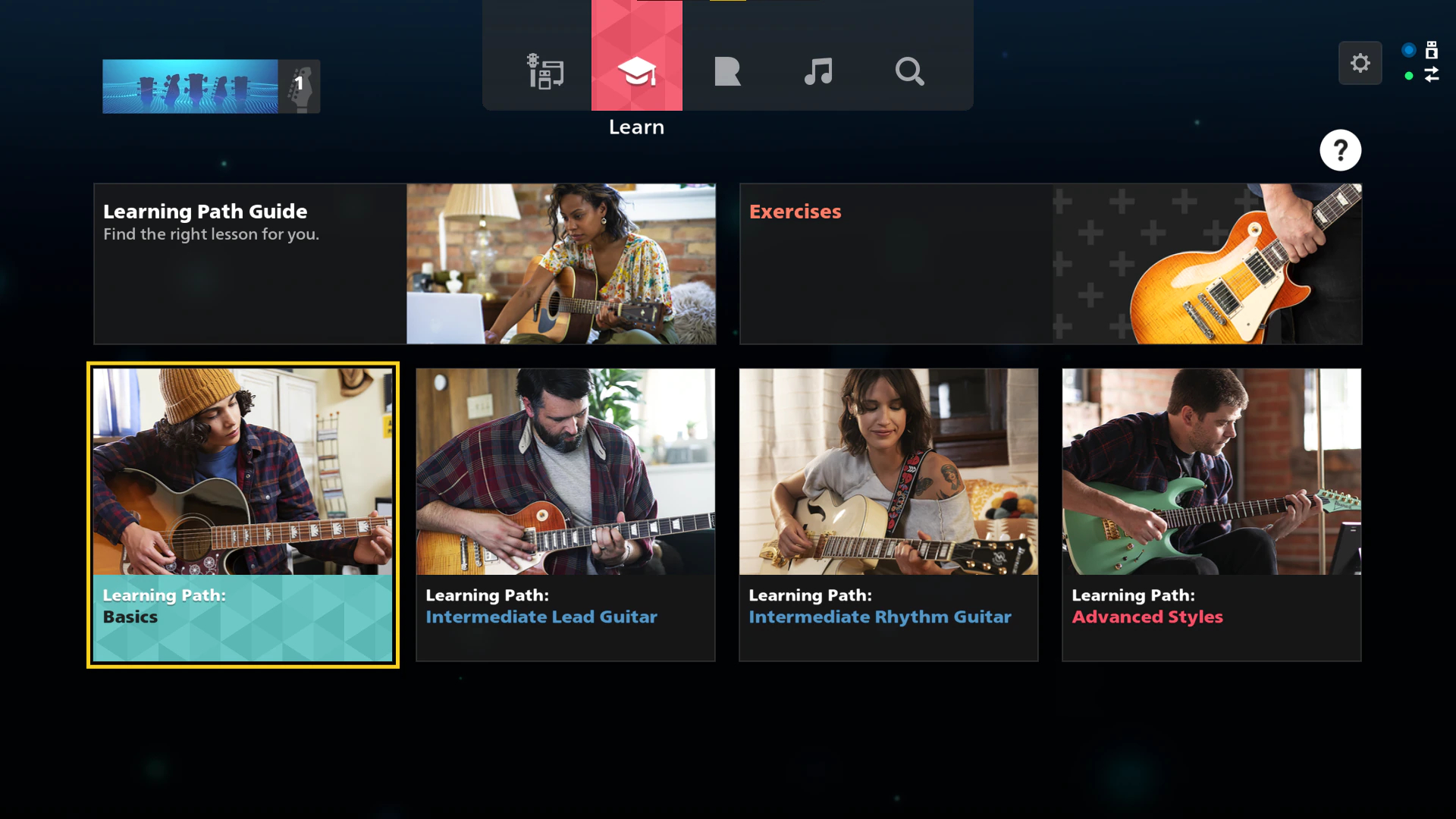
Once the game is installed, setting it up with your guitar of choice is relatively straightforward. We opted to use Rocksmith's proprietary Real Tone Cable, which simply plugs into your guitar like a normal cable and the other end hooks up to your PC via a USB connector.
Despite the extra cost of the Real Tone Cable (around $28/£22), we'd highly recommend it, as it really was plug-and-play. It's worth noting that you can also use a third-party audio interface if you have one already or the Rocksmith+ mobile app, which will detect your guitar via your phone's internal microphone. Now, believe that the majority of newbie guitarists are unlikely to have their own recording interface just yet, and the while the app is a viable option for many, the iOS and Andriod application isn't available worldwide as of writing this review, so the Real Tone Cable is the best bet for most players.
Once you've selected your input of choice, you'll be prompted to watch a series of videos that detail the new features of Rocksmith+, as well as walk you through the process of tuning your guitar and reading the tab-like note layout of the game. For the most part, these videos are well presented and do a good job of explaining how the game works – we could do without the cheesy background music, though.
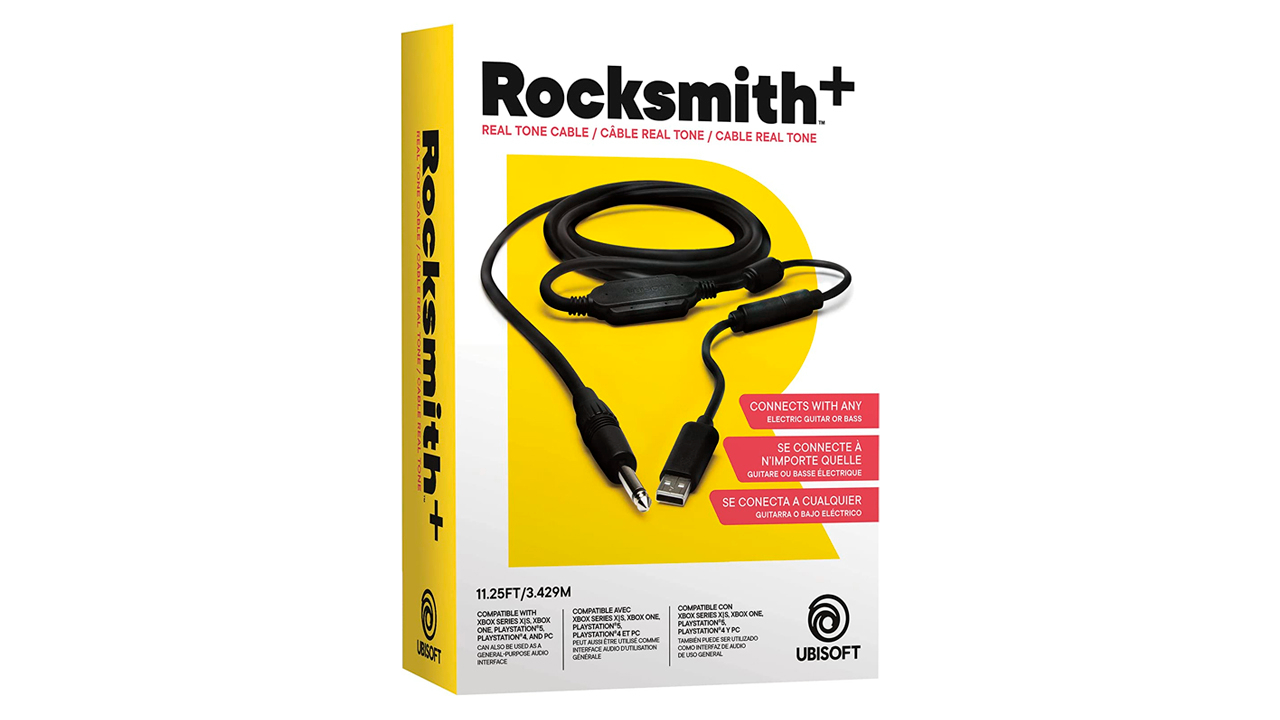
Once we completed the tutorials, we did notice a very slight amount of latency, but thankfully, this was easily remedied. All we had to do was head to the settings tab and reduce the buffer size of the game and the problem was resolved.
With latency issues quashed, we can turn our attention to the mechanics of the game and the layout of the notes. If you've played previous entries in the Rocksmith franchise, you'll be familiar with the gameplay.
Viewing the guitar as if you were looking through the back of the neck, notes – represented by colored blocks – pass by in time with the music. The note blocks are color-coded to match the strings and the note formulations are laid out in a reverse-tablature style, with numbers representing the frets. Where tab is traditionally represented upside down with the low-E string on the bottom, in Rocksmith+, the low-E is on top, as it is on a guitar. .
Thankfully Rocksmith+ does allow you to alter the difficulty of the song you are learning.
Now, we must admit it took us a little while to get used to the note layout of Rocksmith+. Coming from a traditional tab background, it was a little confusing. That said, we totally understand why they have chosen to go down this route. For rookie players with no experience at all, this will most certainly be a natural way of looking at the guitar notes. It should be noted that you can switch to RS Tab view, which will flip the strings to be in tab order if you really struggle to adjust to the default view.
Thankfully Rocksmith+ does allow you to alter the difficulty of the song you are learning. At lower difficulties, Rocksmith will slowly introduce part of a riff or even a single note of a chord, and as you start to get to grips with certain parts, the difficulty will increase until you're playing the riff exactly as it appears in the track – a feature we very much enjoyed.
Sound library
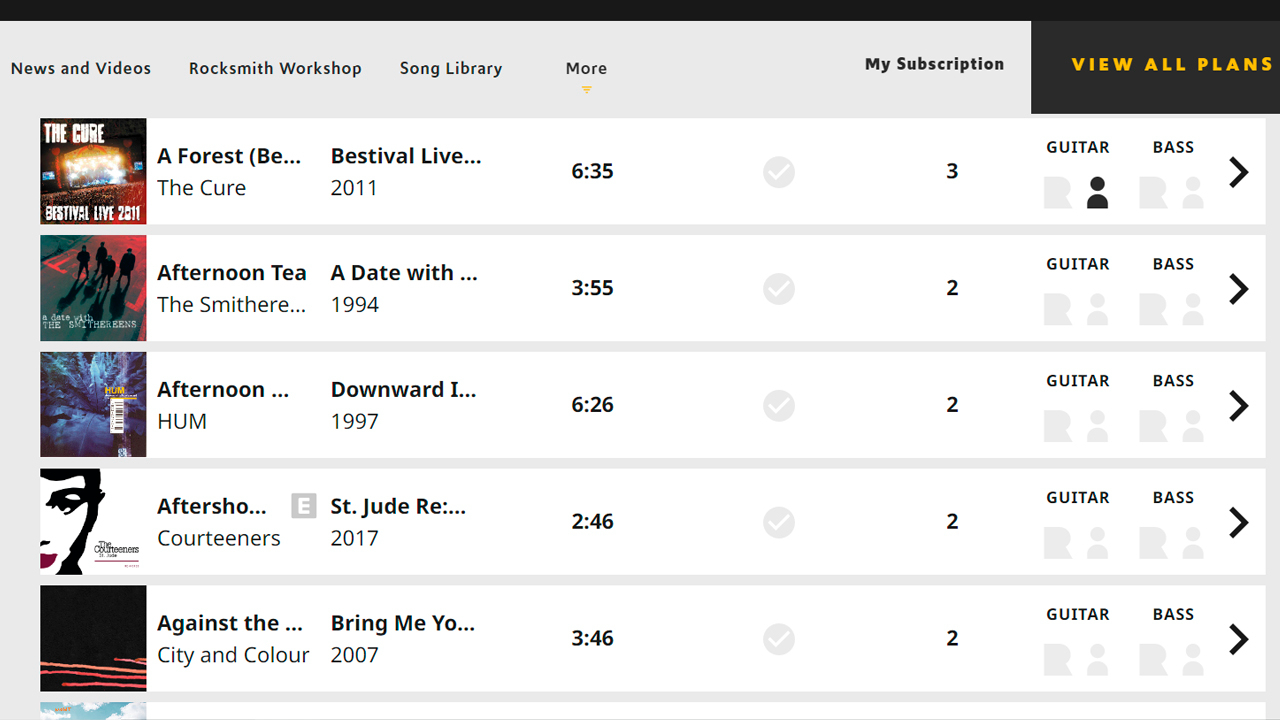
Okay, that brings us to the song library and arguably our biggest problem with Rocksmith+. It's fair to say the initial excitement of learning the guitar comes from the rush you get when you successfully perform one of your favorite songs – something we think will be pretty difficult with Rocksmith+ unless your favorite band is Boston.
Now, despite boasting a catalog of around 6,000 tracks, this new iteration of Rocksmith features a rather lackluster song list that is suspiciously devoid of big-name acts. While previous games enjoyed guitar-heavy hitters such as Alice in Chains, Avenged Sevenfold, Foo Fighters, Muse, Nirvana, Oasis, Queen, Radiohead and many more, they are noticeably missing in this more recent version.
Furthermore, the eyewatering song list seems to have been artificially inflated, with multiple versions of the same song showing up again and again – and worst yet, many of them feature simplified chord charts with no breakdowns of the actual riffs or solos.
With all that said, the final nail in this guitar-shaped coffin for us is the inclusion of so many live renditions of famous songs. Don't get us wrong, we love hearing our favorite songs performed live, the spontaneity and off-the-cuff licks can make the songs even more exciting, but as beginner players, we'd want to nail the riffs as they were recorded on the record, not as they were played 30 years later at a random festival appearance.
Price and subscription
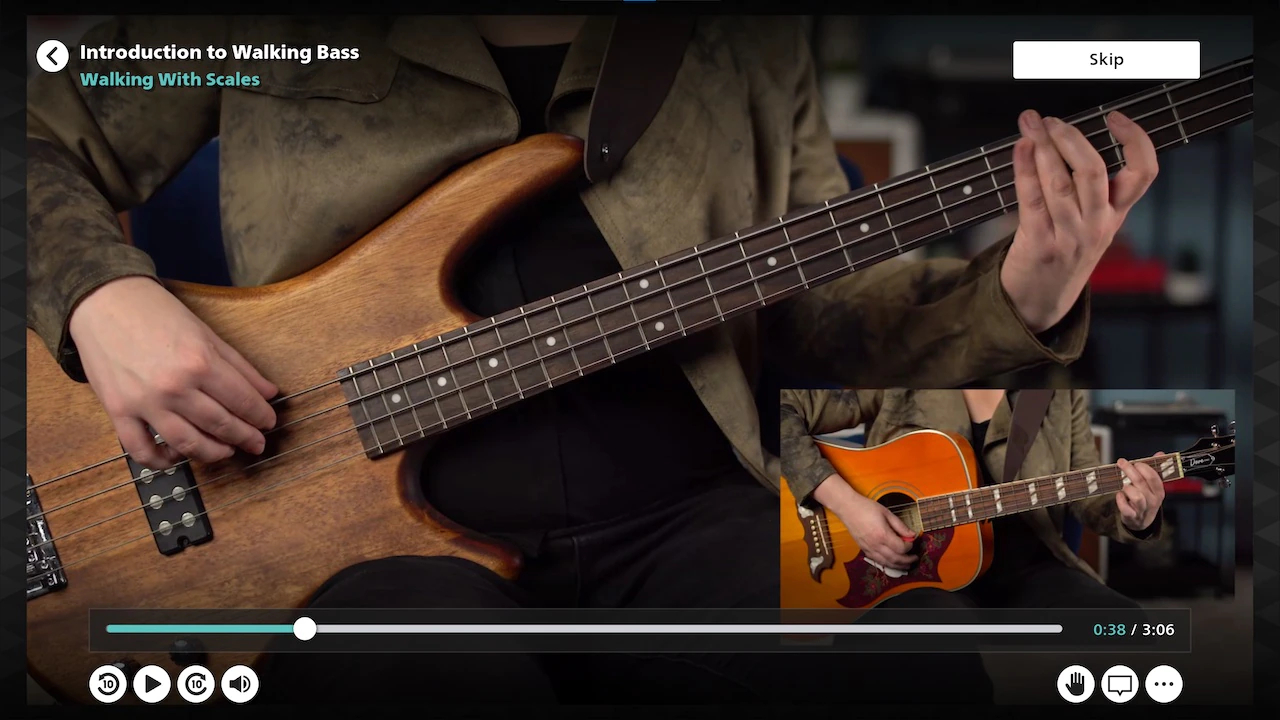
So, how much does Rocksmith+ cost? Like many subscription-based learning platforms, Rocksmith+ offers multiple entry points – and it's pretty competitively priced when compared to its counterparts.
A full-year subscription will set you back $99.99/£84.99 but don't worry, you can dip your toe in the Rocksmith waters for less – perfect if you haven't been fully convinced to dive right into the world of virtual learning. A three-month subscription is only $39.99/£34.99, while a single month is only $14.99/£12.99.
Conclusion
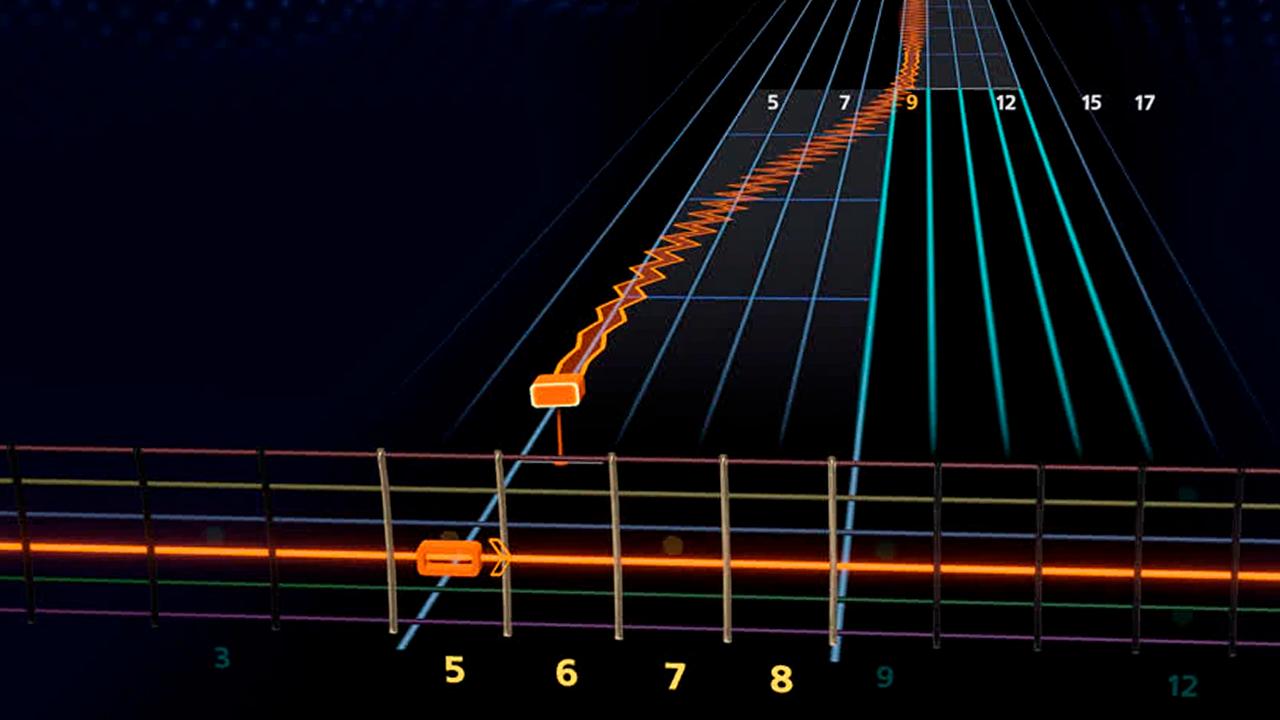
Looking back at 2012, from the subscription-based future of 2023, it seems like a completely different world – and well, it was. In the early 2010's music-based video games such as Guitar Hero, Rock Band and, of course, the original Rocksmith reigned supreme, serving as a gateway to playing real guitar and discovering new bands – but over a decade later, we have to wonder if these titles are still relevant.
Ubisoft has tried its hardest to update Rocksmith and bring it kicking and screaming into the modern day, taking aim at the numerous online guitar lessons that are widely available around the internet. Now, while Rocksmith+ certainly offers beginner guitar players a rather unique experience with its fun and engaging user interface, we can't help feel that this modern version is suffering from an identity crisis.
To us, it feels like Ubisoft isn't quite sure if this reimagined Rocksmith is a video game like its predecessors or a subscription-based learning platform like Fender Play – this results in a confusing product that doesn't quite excel in either category.
Overall, Rocksmith+ is a solid learning tool and there is certainly fun to be had with it, but ultimately, we'd like the song list situation sorted before we could wholeheartedly recommend purchasing it.
Then there's the song library. While Rocksmith+ boasts that it has over 6,000 songs to choose from, the real number of songs you’d actually want to learn is far from that – and we find the lack of big-name bands and beginner staples too hard to ignore.
Of course, we appreciate the inclusion of Jack White deep cuts as much as the next guitar player, but we'd prefer to see more beginner-friendly classics from Green Day, Foo Fighters and Blink 182, as well as iconic riffs from the likes of Iron Maiden, Metallica and Deep Purple – whose presence is sorely missed.
Overall, Rocksmith+ is a solid learning tool and there is certainly fun to be had with it, but ultimately, we'd like the song list situation sorted before we could wholeheartedly recommend purchasing it.
Recommended requirements
- Operating system: Windows 10 (64-bit versions) or Windows 11
- Processor: AMD FX-8350 at 4.0 GHz, Intel Core i5-4690K at 3.5 GHz, or equivalent
- RAM: 8 GB
- Video card: AMD Radeon R9 280X (3 GB), NVIDIA GeForce GTX 670 (2 GB), or better
- Hard drive: 20 GB of available storage
- Contact: Ubisoft

Daryl is a Senior Deals Writer at Guitar World, where he creates and maintains our 200+ buyer's guides, finds the best deals on guitar products, and tests the latest gear. His reviews have been featured in prominent publications like Total Guitar, Future Music magazine, and MusicRadar.com.
During his career, he has been lucky enough to talk to many of his musical heroes, having interviewed Slash and members of Sum 41, Foo Fighters, The Offspring, Feeder, Thrice, and more. In a past life, Daryl worked in music retail. For a little under a decade, he advised everyone from absolute beginners to seasoned pros on the right gear for their needs.
Daryl is also a fully qualified sound engineer, holding a first-class Bachelor's degree in Creative Sound Production from the University of Abertay.
